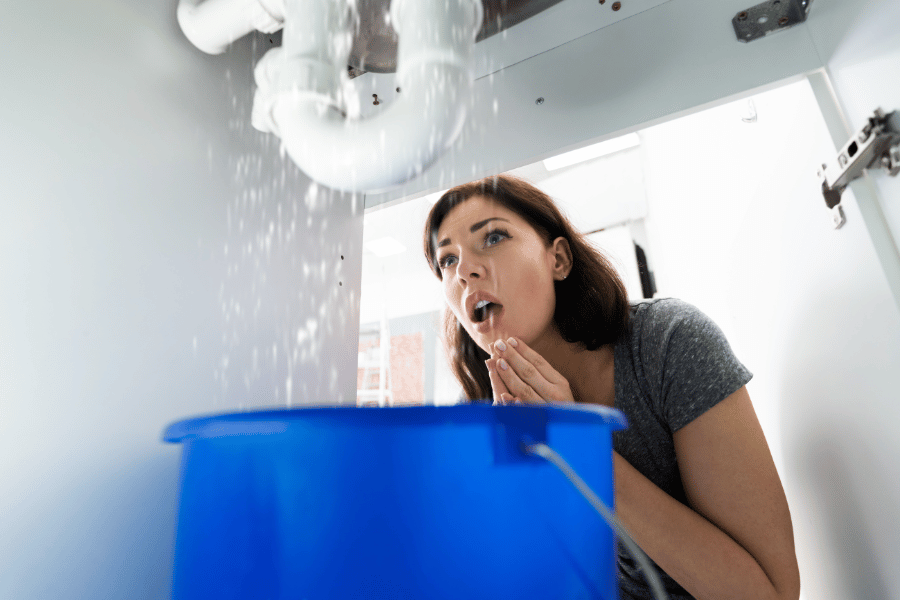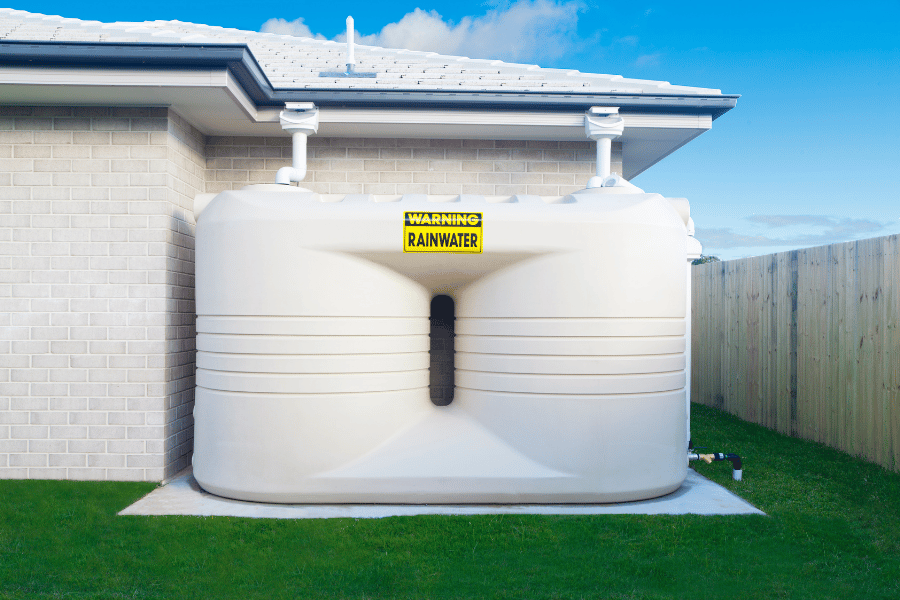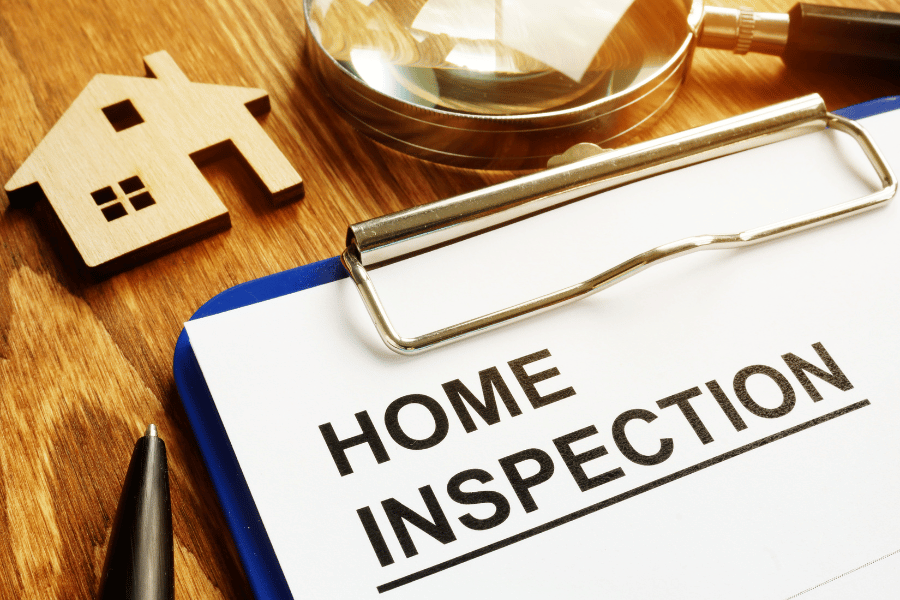
Task 87 Gas Certification – Why It Matters for Your Safety
November 27, 2024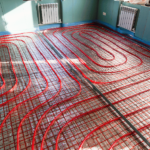
Radiant Floor Heating Benefits for Suffolk County Homes
February 4, 2025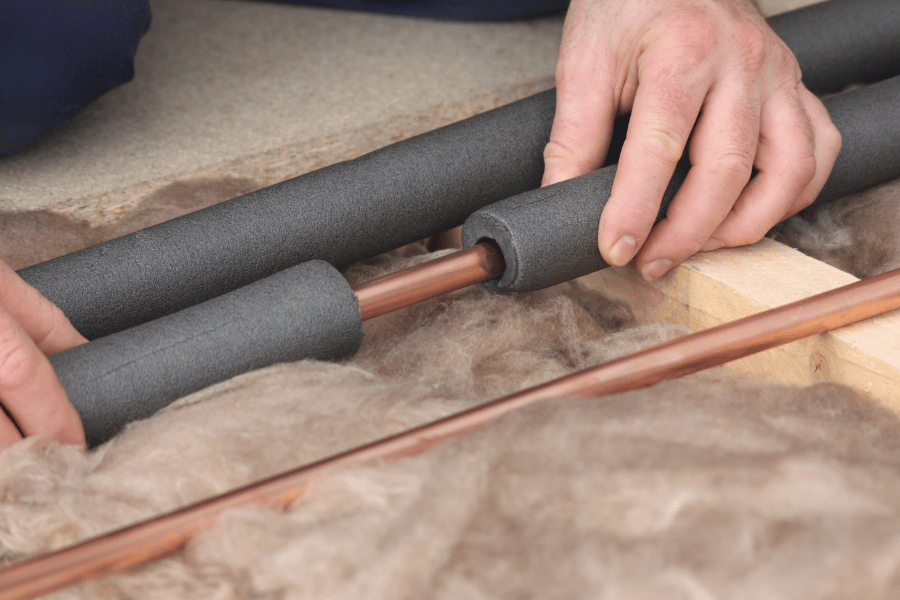
Top 5 Winter Plumbing Tips for Suffolk County Homeowners
Winters in Suffolk County, NY, bring freezing temperatures that can wreak havoc on plumbing systems. From frozen pipes to costly water damage, the consequences of not winterizing your plumbing are significant. In this guide, we’ll share five actionable tips that homeowners can implement to protect their homes this winter. Along the way, we’ll also sprinkle in expert advice and fun facts to keep it engaging!
1. Insulate Exposed Pipes to Prevent Freezing
One of the most effective ways to safeguard your plumbing during winter is to insulate exposed pipes. Pipes located in unheated areas like basements, crawl spaces, and attics are particularly vulnerable to freezing temperatures.
How to Insulate Pipes
- Use foam pipe insulation, which is affordable and easy to install. Wrap it securely around exposed pipes.
- For extreme cold, consider using heat tape or thermostatically controlled heat cables. These provide additional protection by keeping pipes warm.
Why It Matters
When water freezes, it expands, exerting pressure that can burst pipes and cause significant water damage. Repairing a burst pipe can cost hundreds—or even thousands—of dollars.
Pro Tip: Inspect for cracks or gaps in insulation annually to ensure it's still effective.
Fun Fact: Pipes only need to drop to 31°F for water inside to freeze. In Suffolk County’s frigid winters, this can happen quickly.
2. Seal Drafts Near Plumbing Fixtures
Drafts near plumbing fixtures, especially those under sinks, can expose pipes to cold air, increasing the risk of freezing.
Steps to Seal Drafts
- Check for gaps or holes around pipes where they enter walls or floors. Use caulk or expandable foam to seal these areas.
- Add weather stripping to nearby windows and doors to keep cold air out.
Why It Matters
Drafty spaces can chill pipes even in heated homes. Taking the time to seal these gaps improves energy efficiency and reduces the likelihood of frozen pipes.
3. Keep Faucets Dripping on Cold Nights
When temperatures drop below freezing, allowing a small trickle of water to flow through faucets can prevent pipes from freezing.
How It Works
Running water doesn’t freeze as easily as stagnant water. By keeping faucets dripping, you relieve pressure in the plumbing system, reducing the chances of a burst pipe.
Which Faucets to Drip?
- Focus on faucets connected to pipes in unheated or exterior walls.
- Use both hot and cold taps to keep both supply lines moving.
Pro Tip: Collect the dripping water in a container and use it for household tasks like watering plants to avoid waste.
4. Locate and Test Your Water Main Shutoff Valve
If a pipe bursts, acting quickly can minimize damage. Knowing the location of your water main shutoff valve is crucial.
How to Test Your Valve
- Locate the valve, usually near your water meter or in the basement.
- Turn the valve off and then on to ensure it’s functioning properly.
Why It Matters
A burst pipe can leak gallons of water per minute. Shutting off the main supply immediately can save your home from extensive water damage.
5. Schedule a Professional Plumbing Inspection
Even the most diligent homeowner can miss potential vulnerabilities. Hiring a professional plumber to inspect your system is an investment in peace of mind.
What to Expect During an Inspection
- Examination of exposed pipes for proper insulation.
- Testing of shutoff valves and water heater performance.
- Identification of any leaks or weak spots in the system.
Why It Matters
Plumbers have the tools and expertise to spot issues that aren’t immediately visible, ensuring your plumbing system is winter-ready.
Additional Tips for Winter Plumbing Care
- Disconnect Garden Hoses: Leaving hoses attached can cause outdoor faucets to freeze and crack.
- Inspect Your Water Heater: Winter puts extra strain on your water heater. Flush it annually to remove sediment buildup and ensure efficiency.
- Open Cabinet Doors: In cold weather, open cabinet doors under sinks to allow warm air to circulate around pipes.
Common Winter Plumbing Myths—Debunked!
Myth: Leaving pipes exposed helps them stay warm.
Truth: Exposed pipes lose heat faster. Insulation is key.Myth: Dripping faucets waste too much water.
Truth: A small drip costs less than repairing water damage from a burst pipe.
By following these winter plumbing tips, Suffolk County homeowners can protect their plumbing systems from freezing temperatures and avoid costly repairs. From insulating pipes to scheduling inspections, these small steps go a long way in ensuring a stress-free winter.
Need help winterizing your plumbing? Contact VP Plumbing & Heating today for expert assistance! Our team is ready to protect your home this winter.
Learn More about our Emergency Plumbing Services for Suffolk County NY Homeowners.


